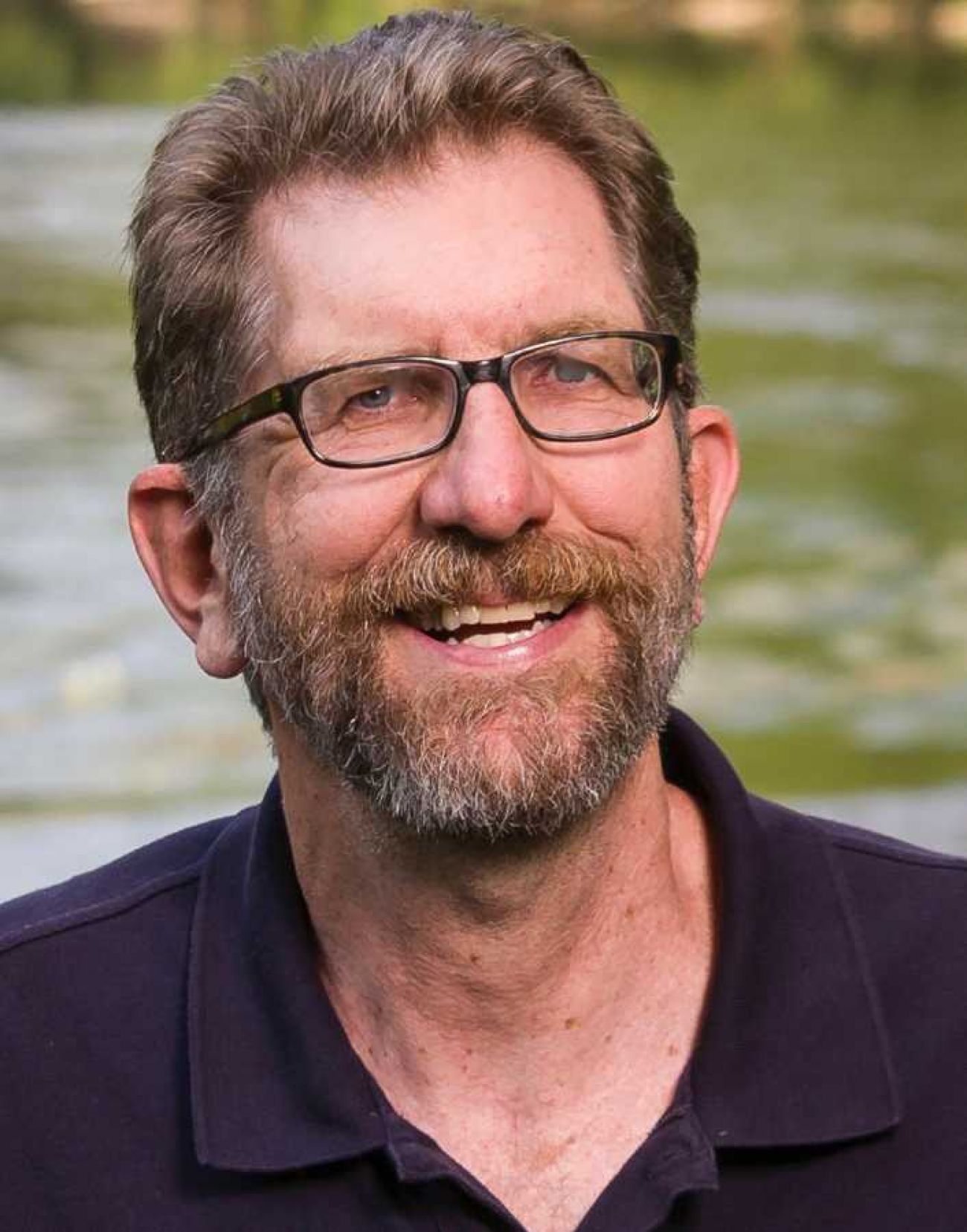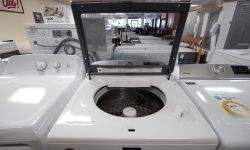Opinion | What can reconcile our painful political differences? Nature.
Too often I worry that E pluribus unum will be replaced with E pluribus duo. We have become so divided in our country that at each election cycle it seems our national motto should be “out of many, two.” I react at first with a desire to reinforce the “unum” of America, all of the ideals of liberty and equality enshrined in our foundational documents and for which so many have worked, and died, for over the years. Without diminishing the need for a “unum” I have been thinking lately about the “pluribus.” And, I have been thinking about nature.
What can reconcile our painful political differences? Nature, I believe, can be a place where we can find common good. We saw it this year in Michigan in the passage of Proposition 1, a measure that provides funds for the purchase of public lands and increase access to the out-of-doors. The presidential election revealed that 50.5 percent of the voters in our state favored one candidate, but that almost as many favored the other. Proposition 1 passed with a remarkable 84 percent of voters supporting the measure; voters in every one of our Michigan’s 83 counties voted in favor of the proposal.
We all care about nature. In Michigan, the Great Lakes manifest our attachment to nature and overcome our political differences. Every member of Congress from Michigan, regardless of party, has repeatedly voted to fund the Great Lakes Restoration Initiative. Clean water, conservation of our natural resources, and parks are non-partisan issues. The protection of nature offers us a goal we can all work on together.

Nature may also be the metaphor we need to understand our country right now. As the climate crisis has revealed, nature connects us all in one unified, global system governed by the rules of chemistry and physics. Ecology, the study of the interrelationships of biology, points to the necessity of our connections with one another. Our collective life on this planet is the grand Unum which we cannot evade, even if we choose to ignore it.
But nature does not require us all to be one. Rather, nature creates and thrives on diversity. Differences in nature provide strength, generate positive change, and create beauty. In ways we cannot fully understand, and too often fail to comprehend, nature connects different and disparate parts into a functioning whole. If we have learned anything from politics in 2020, it is that we have many disparate parts; this Pluribus is the reality we have to start with.
How do we come together to create one out of our diverse many? A video released by the winning Presidential candidate after the election shows us a solution. The video, set to the words and music of America the Beautiful, reminds us that we all frame our view of our country uniquely as it celebrates the places where we build and enjoy our lives.
Our state, our country (and our world) are made up of unique, wonderful places, and all of them start with a connection to the natural world. The Biden video features farms, forests, and fishing as well as the neighborhoods and cities where we live. My hometown is on a river, Michigan’s first communities were located on Great Lakes, and every settlement everywhere depends on water. Nature defines the place we live.
How can we come together after this election? By paying attention to the place we live in. I find that ideology matters little when people come together to clean up a river, or undertake any task to improve the quality of life in their community. Educating children, building an economy, and feeding people in need are all activities that engage people of differing political persuasions; they are all also activities best done at the local level. The fact that protecting public health has now become a partisan issue points to the seriousness of the challenge before us.
Still, when we come together with our different skills, perspectives, and assets we can accomplish great things. It has always been so in communities large and small. We need everyone, and cannot afford to leave anyone behind. So, let’s look around at this beautiful place we live in, reach out to someone we might disagree with on politics, and get to work, together.
See what new members are saying about why they donated to Bridge Michigan:
- “In order for this information to be accurate and unbiased it must be underwritten by its readers, not by special interests.” - Larry S.
- “Not many other media sources report on the topics Bridge does.” - Susan B.
- “Your journalism is outstanding and rare these days.” - Mark S.
If you want to ensure the future of nonpartisan, nonprofit Michigan journalism, please become a member today. You, too, will be asked why you donated and maybe we'll feature your quote next time!




